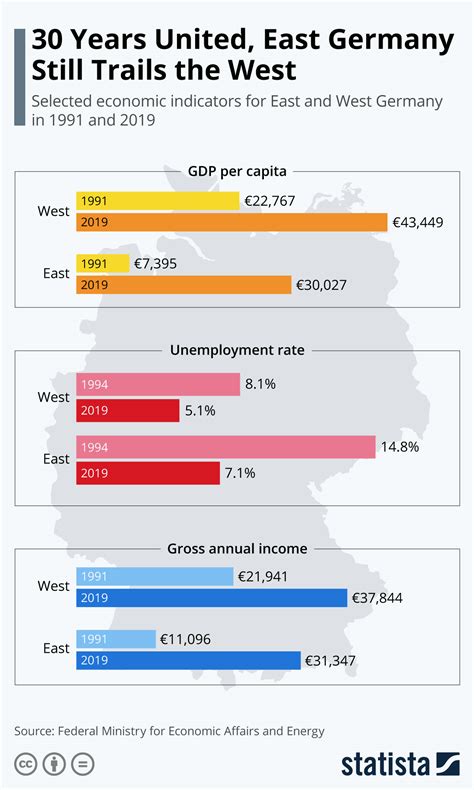Germany, known for its strong economy, has been facing challenges that are casting a shadow over its economic outlook. The escalating trade tensions initiated by the policies of former U.S. President Donald Trump have been a significant factor contributing to this uncertainty. Simultaneously, fears of an impending recession have added to the country’s economic woes.
The German economy is one of the largest in Europe and plays a crucial role in driving the overall economic stability of the region. Its manufacturing sector, particularly automobiles and machinery, is renowned worldwide for its quality and innovation. However, recent geopolitical developments have put a strain on Germany’s economic prospects.
Impact of Trump Trade Risks
The protectionist measures implemented by the Trump administration have had far-reaching effects on global trade dynamics. Germany, being a major exporter, heavily relies on international trade for its economic growth. The imposition of tariffs on various goods and ongoing trade disputes between the U.S. and its trading partners have disrupted established supply chains and increased market uncertainties.
As a consequence, German businesses that depend on exports have faced challenges in maintaining their competitiveness in global markets. Uncertainties surrounding future trade agreements and potential barriers to trading with key partners like the United States have created a sense of unease among German companies.
Recession Fears Looming
In addition to trade risks, fears of an upcoming recession have further exacerbated concerns within Germany’s economic landscape. A combination of factors such as slowing global growth, Brexit-related uncertainties, and fluctuations in key economic indicators has fueled speculations about a possible downturn.
The German economy is closely intertwined with the broader European economy; any signs of weakness can trigger repercussions across the continent. Analysts are closely monitoring various leading indicators to assess the likelihood of an economic slowdown and determine appropriate strategies to mitigate potential risks.
Expert Insights
According to economic experts, navigating through these turbulent times requires proactive measures from policymakers and industry leaders alike. Developing diversified markets beyond traditional trading partners could help reduce reliance on specific regions affected by geopolitical uncertainties.
Furthermore, enhancing domestic consumption through targeted stimulus packages may bolster internal demand and offset any negative impacts stemming from external factors. Collaborative efforts at both national and international levels are essential to fostering sustainable growth amidst evolving global challenges.
As Germany grapples with shifting economic sentiments influenced by external forces like trade risks and recession fears, resilience coupled with strategic foresight will be critical in steering its economy towards stability and sustained prosperity.
While tuning into Next Tech News Live or witnessing events like Samsung Unpacked 2025 may offer glimpses into technological innovations shaping our future, understanding the underlying economic dynamics influencing such advancements provides valuable insights into the broader context within which these developments unfold.




Leave feedback about this